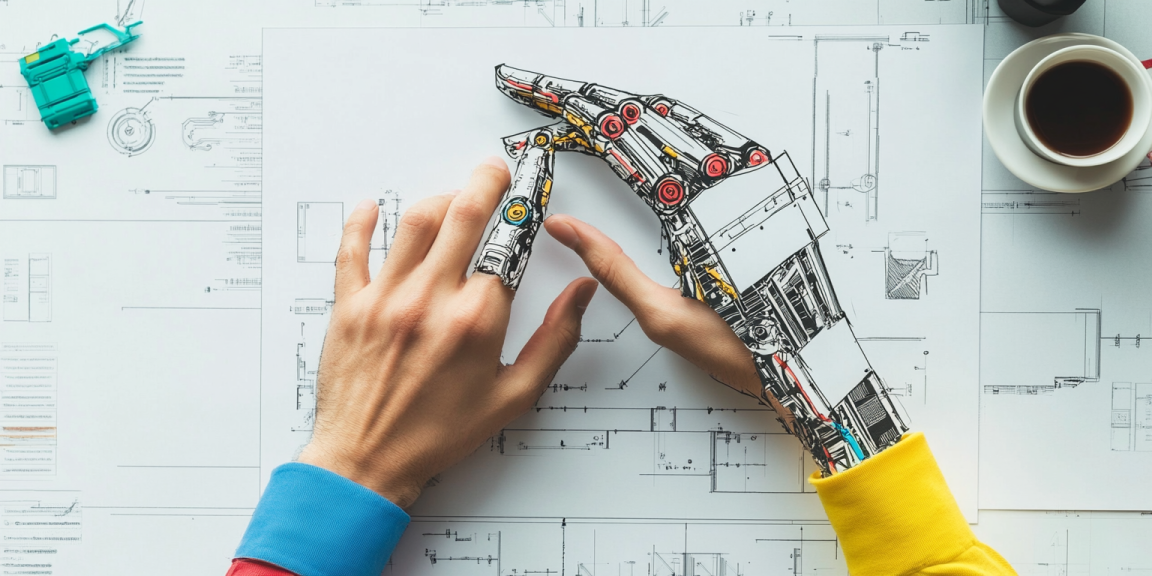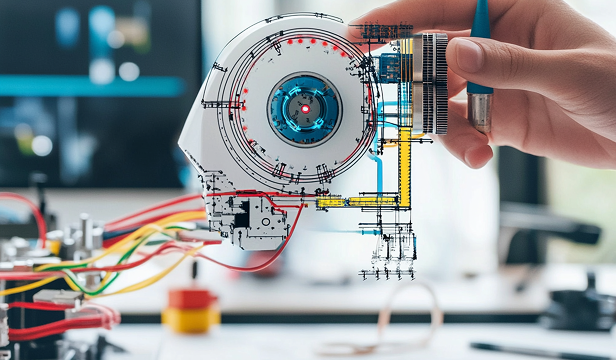Artificial Intelligence (AI) is revolutionizing the creative industry, particularly in video production. AI-generated videos are…

Modern technology has radically changed the way people interact with each other and the world around them, greatly impacting the concept of humanity. As tools and technologies evolve, it has become important to think about how to balance technology with preserving human values.
Technology has created new channels for communication and made the world a small village, where people of different nationalities and cultures can easily communicate across borders. However, this rapid shift in communication patterns may enhance superficial communication and weaken deep relationships. It is important to enhance the balance between digital interaction and personal communication so that human bonds are not weakened.
The increasing reliance on artificial intelligence and automation has affected the concept of work, as repetitive tasks are now managed by machines instead of humans. While this development allows for efficiency and productivity, it requires individuals to enhance their skills that machines cannot imitate, such as creativity and empathy. Investing in developing these skills contributes to preserving the human dimension in work environments.
The emergence of robots in healthcare has led to the provision of highly efficient medical services, but care must be taken not to reduce the human dimension in patient care. Technology should be a support for doctors and nurses, not a substitute for human interaction that promotes mental and physical healing.
Distance learning is another example of how technology is changing the way we acquire knowledge. While digital education offers ample opportunities, face-to-face contact between teacher and student remains essential for developing values and social interaction. An approach that combines digital education with in-person communication is essential to build balanced generations.
On the other hand, technology has helped empower vulnerable communities, providing them with tools to learn and communicate. However, this empowerment comes with challenges, such as the digital divide between those who have access to technology and those who do not. It is important to promote policies that aim to reduce this gap to achieve greater inclusivity.
Social media has become a vast arena for self-expression, but at the same time it can promote isolation and weaken family and social ties. It is therefore essential to use these platforms consciously and thoughtfully to achieve real communication.
In business, digital transformation has provided tremendous opportunities for growth and innovation, but it also requires rethinking leadership styles. Companies need to adopt flexible strategies that focus on the human element, such as stimulating creativity and promoting well-being in the workplace.
Technology plays a major role in protecting the environment by developing sustainable solutions, but at the same time it can cause harm if not used carefully. Innovation in green technology can contribute to creating a better future.
Artificial intelligence provides advanced tools for analyzing data and making decisions, but decisions that affect human lives must remain in human hands. Combining artificial intelligence with the human mind can achieve better results while preserving human values.
Ultimately, technology is not an enemy of humanity, but rather a powerful tool that can be used to enhance human values if directed properly. The biggest challenge lies in finding a balance between adopting modern technologies and preserving the human essence in every aspect of life.



